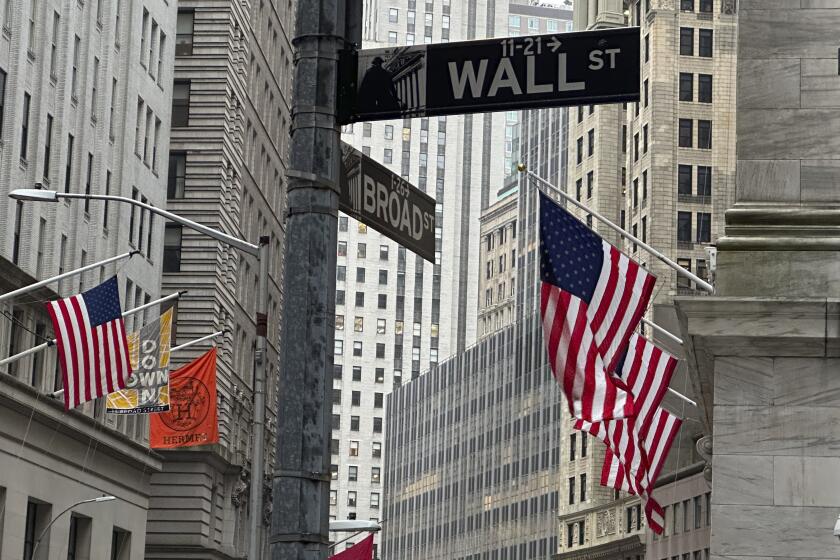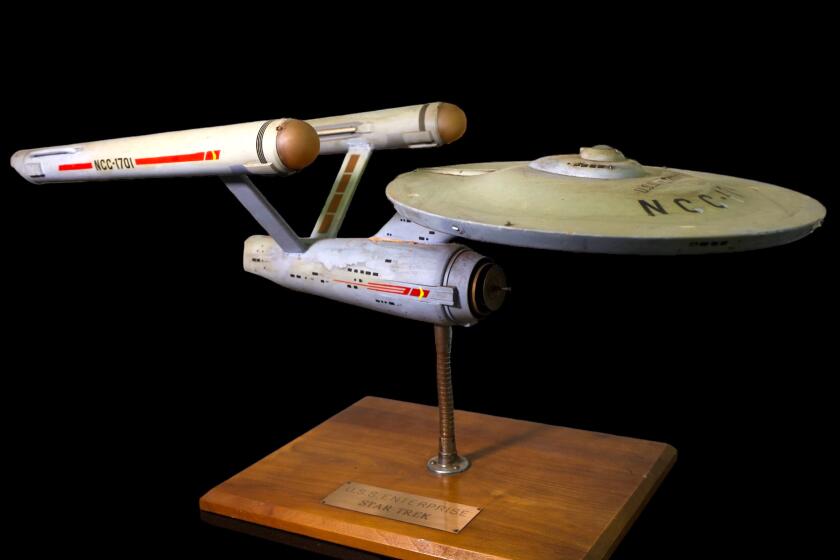U.S. Airlines Under a Tax Cloud
A $1.5-billion airline tax hike in President Bush’s proposed budget is supposed to fund tougher security measures to protect passengers, flight crews and those on the ground from terrorists. But it could be a knockout punch for some airlines already reeling from high fuel costs and cutthroat fare wars that make it difficult to raise ticket prices.
The federal government was obligated to dramatically strengthen national security in the wake of 9/11, and airlines should pay a fair share. But air carriers were already hit disproportionately hard by the Sept. 11 attacks, and they’re in no position now to foot an even larger bill.
Domestic airlines lost more than $9 billion last year and have lost a cumulative $30 billion since the terrorist attacks. Immediately after 9/11, Washington offered cash infusions, federally backed loan guarantees and insurance assistance to keep the troubled industry flying.
Despite that federal largess, two of the industry’s largest competitors are in bankruptcy court and a third is teetering on the edge.
The same fare wars that delight passengers keep the industry from boosting ticket prices to cover rising costs. Airlines have laid off 125,000 employees. If they can’t increase revenue, they’ll be forced to cut costs by laying off more employees and dropping more destinations. Even the nation’s healthiest airlines are ill equipped to deal with another tax increase.
Market forces are likely to shutter some of the weakest airlines, and that’s all to the good because more-efficient carriers will take their place. The government shouldn’t disrupt that process with more bailouts, but it also shouldn’t push airlines prematurely over the brink by increasing taxes they can’t afford to pay.
The marketplace should decide which airlines keep flying.






